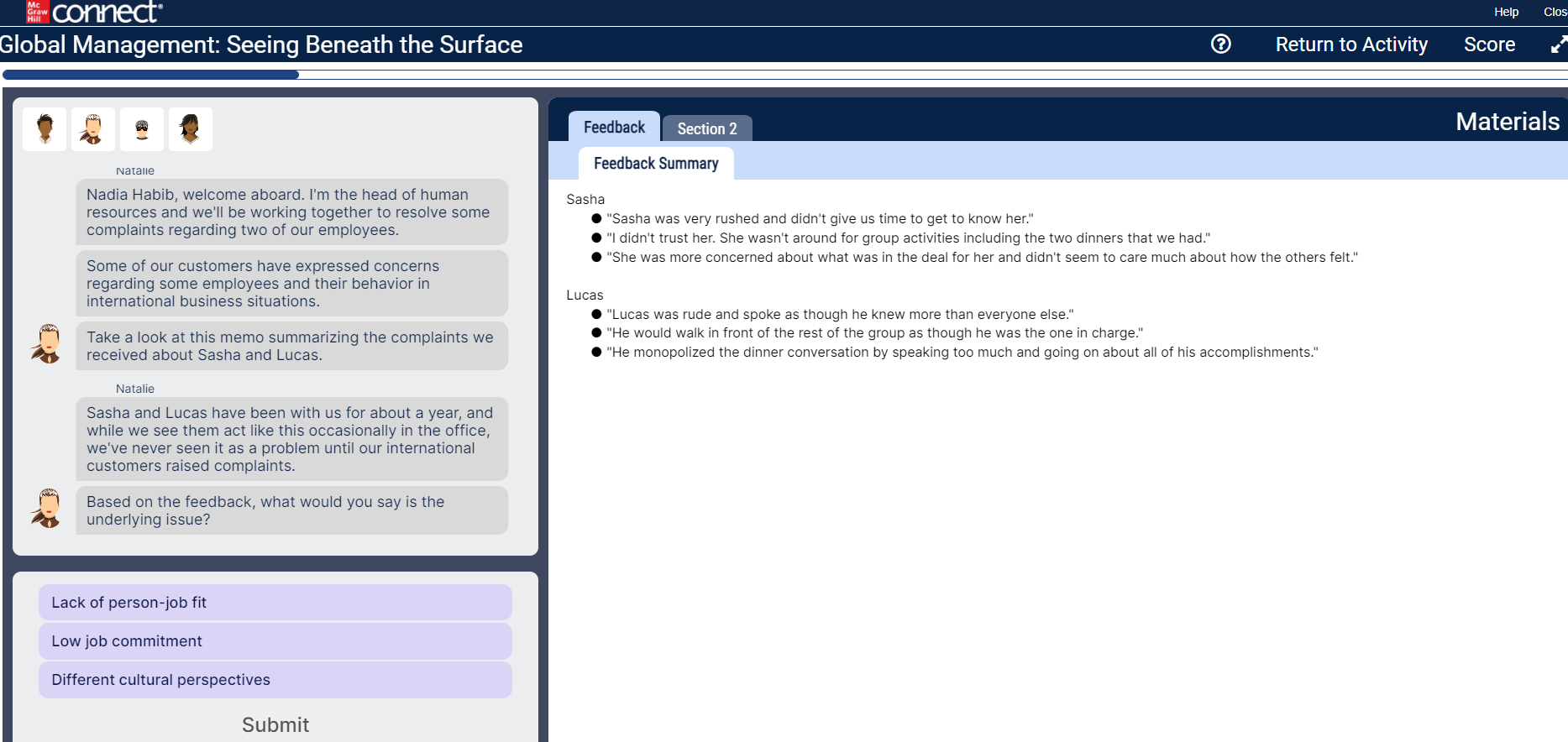Global Management: Seeing Beneath The Surface

Globalization's veneer cracks, revealing complex fault lines in global management strategies. Businesses must now navigate a world where surface-level solutions fail, demanding deeper understanding and adaptable approaches.
This article explores the critical shift towards nuanced global management, emphasizing the need to move beyond superficial strategies. Companies are facing unprecedented challenges requiring a thorough re-evaluation of their global practices.
The Illusion of Uniformity Shattered
For decades, global management often assumed a one-size-fits-all approach. Standardization was king, aimed at efficiency and cost reduction across borders. This model is now demonstrably broken, leading to failures and lost opportunities.
Recent data from a 2023 Deloitte study reveals that 78% of global expansion initiatives fail to meet projected ROI within the first three years. The primary culprit: neglecting local nuances and cultural differences. A PwC report from Q4 2024 highlights that 65% of multinational corporations admit to struggling with cross-cultural communication breakdowns, costing them an average of $1.2 million per incident.
Beyond the Bottom Line: Cultural Intelligence Imperative
Successful global management in 2024 requires cultural intelligence (CQ) as a core competency. It's not enough to simply translate documents; understanding unspoken rules, values, and communication styles is paramount. Organizations like the Cultural Intelligence Center offer training programs to enhance CQ within leadership teams, reporting a 20% average increase in team performance post-training.
A survey conducted by Harvard Business Review in November 2024 indicates that companies with high CQ leadership experience 30% less employee turnover in international assignments. This translates to significant cost savings in recruitment and training. Moreover, these companies reported a 15% increase in market share in culturally diverse markets.
The Rise of Localization Strategies
"Think globally, act locally" is no longer a cliché, but a survival strategy. Localization involves tailoring products, services, and marketing campaigns to specific regional and cultural contexts. This includes adapting communication styles, adjusting product features to meet local preferences, and even rethinking pricing strategies.
McDonald's, a long-standing example of successful localization, continues to innovate its menu offerings in different countries. For example, the McAloo Tikki burger in India caters to local tastes and dietary restrictions. Netflix invests heavily in creating original content in local languages, catering to diverse audiences worldwide. Their success hinges on understanding the content preferences of different regions.
Navigating Geopolitical Complexities
Global management now demands a keen awareness of geopolitical risks. Trade wars, political instability, and evolving regulatory landscapes create significant challenges. Companies must proactively assess and mitigate these risks to protect their investments and operations.
The World Economic Forum's 2024 Global Risks Report identifies geopolitical fragmentation as a top concern for businesses. The report emphasizes the need for scenario planning and diversification of supply chains. The Economist Intelligence Unit provides country risk ratings that help businesses assess the political and economic stability of different markets.
Technology as a Double-Edged Sword
Technology facilitates global communication and collaboration but can also exacerbate cultural misunderstandings. Relying solely on digital communication without building personal relationships can lead to misinterpretations and conflict. Effective global management requires a blended approach, combining technology with face-to-face interactions and cultural sensitivity training.
Data breaches and cybersecurity threats pose significant risks to global operations. Companies must invest in robust security measures to protect sensitive data and maintain customer trust. A 2024 IBM report estimates the average cost of a data breach for multinational corporations at $4.45 million.
The Talent Imperative
Attracting and retaining top talent is crucial for global success. Companies need to offer competitive compensation packages, provide opportunities for international assignments, and foster inclusive work environments. A diverse workforce brings different perspectives and experiences to the table, enhancing creativity and problem-solving.
A study by Glassdoor reveals that employees increasingly prioritize work-life balance and company culture when choosing employers. Companies that prioritize employee well-being and offer flexible work arrangements are more likely to attract and retain top talent. This is particularly important in highly competitive global markets.
The Future of Global Management: Adaptability and Resilience
The future of global management hinges on adaptability and resilience. Companies must be prepared to adapt to changing market conditions, geopolitical shifts, and technological advancements. This requires a willingness to learn, experiment, and embrace new approaches. Resilience is key to weathering storms and emerging stronger than ever.
Organizations must move beyond superficial analysis and cultivate a deep understanding of the diverse contexts in which they operate. Only then can they build sustainable and successful global businesses. Next steps involve prioritizing cultural intelligence training, strengthening risk management protocols, and fostering a culture of adaptability and continuous learning throughout the organization. The challenge is immediate: adapt or be left behind.














.png?format=1500w)



